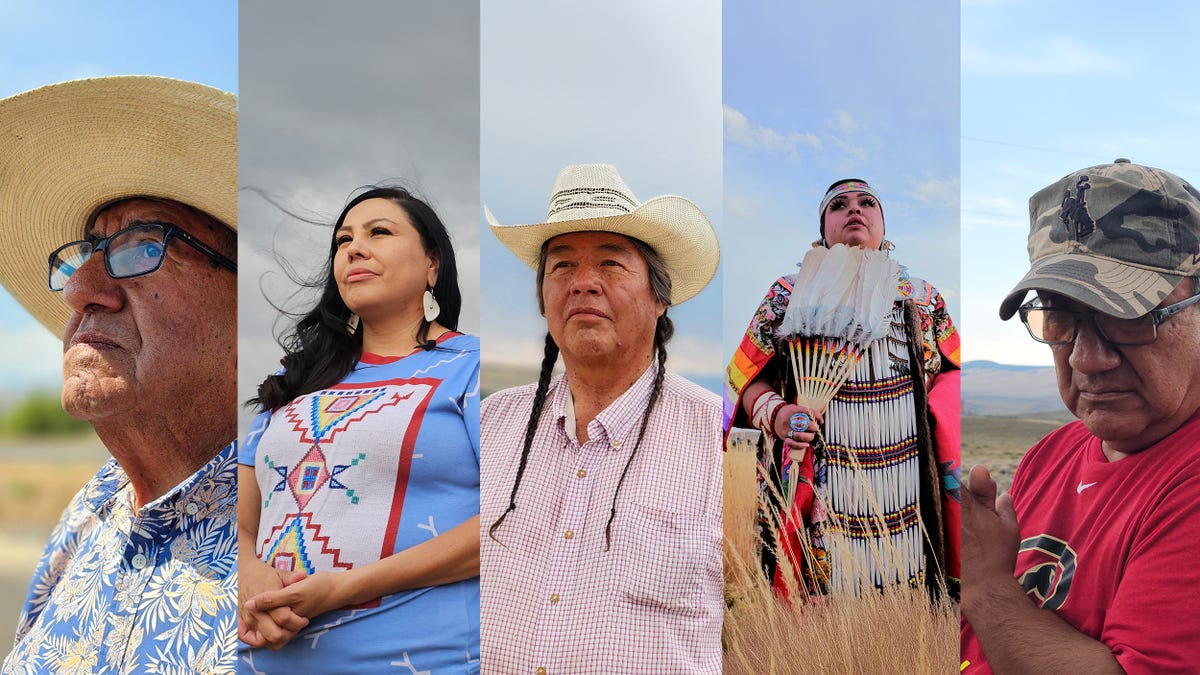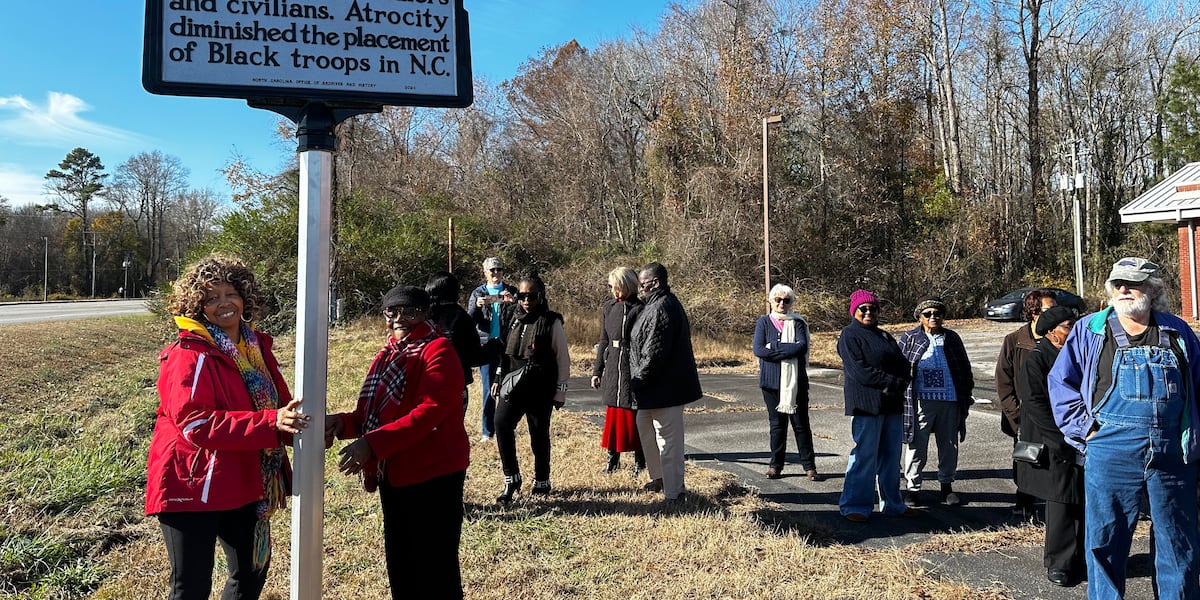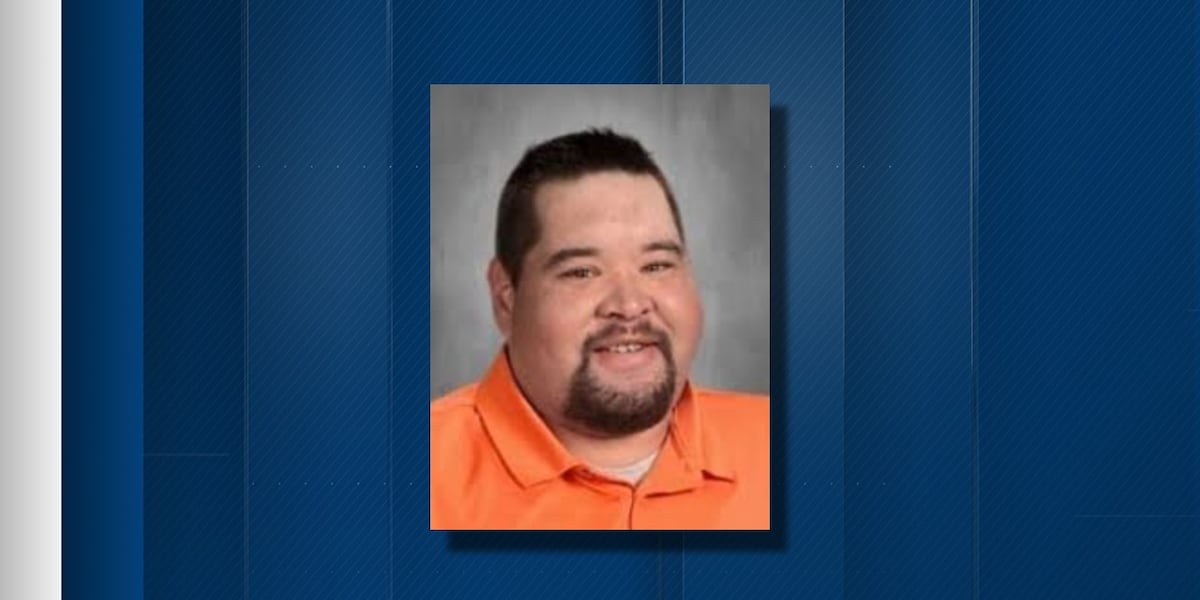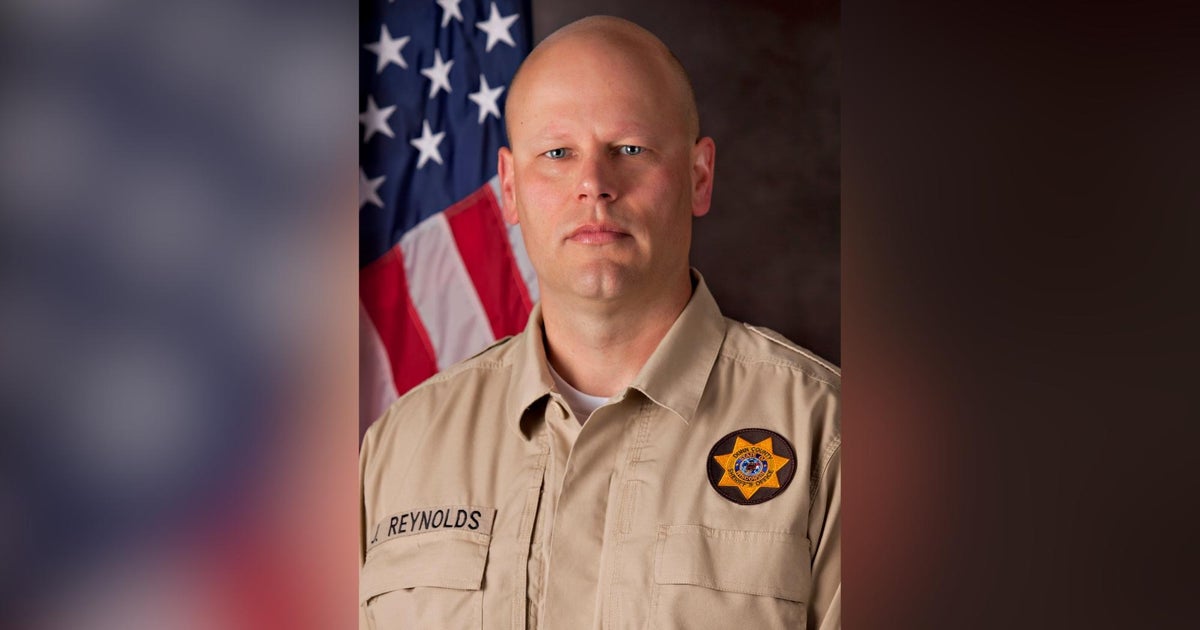California
California Voice: Schwarzenegger’s recall victory 20 years ago still reverberates

It’s 20 years ago this week since Arnold Schwarzenegger became governor of California, after the recall of former Gov. Gray Davis. For much of the last two decades, the recall has been remembered mostly as a bizarre media circus, with 135 candidates, a hurried 60-day campaign, and a debate featuring Schwarzenegger and Arianna Huffington trading insults.
This is a shame, because that strange, cataclysmic event shifted California’s political priorities and offers important lessons that might provide some much-needed hope about our power to change the future.
In retrospect, the Davis recall looks like the first of three election earthquakes in the 21st century that shook up American politics. The other two are the elections of Barack Obama in 2008 and Donald Trump in 2016.
For Americans, the recall election, with all its bombast, would preview how politics would grow louder, more populist, more direct. And for Californians, the recall was something more: the beginning of a new era in governance.
In three major policy areas, the recall brought big movements in policies to put California more in line with the preferences of its people.
None of those policies got the same TV coverage that was devoted to populist hot-buttons like Davis’ raising the “car tax,” or Schwarzenegger’s “groping” scandal. But the policies were all major proposals during Schwarzenegger’s recall campaign in 2003 and his subsequent reelection in 2006.
And these shifts in priorities are ongoing, having outlasted Schwarzenegger’s administration because they were embraced by his two gubernatorial successors, Jerry Brown and Gavin Newsom, and by voters.
The first of these issues is children’s programs. Schwarzenegger repeatedly promised more spending on schools, children’s health, the after-school programs that had been the subject of his personal philanthropy and a ballot initiative he championed. Facing budget problems, he struggled to deliver on these promises in office. But he made some progress, and Brown and Newsom have done even better.
Today, per-pupil spending in California is more than twice what it was 20 years ago. With the help of Obamacare — which Schwarzenegger strongly supported — all California children, even undocumented immigrants, are eligible for health insurance. And California now spends so much on after-school programs — more than the other 49 states combined — that the Biden administration is trying to convince the rest of the country to adopt our approach.
The second area was the environment. During the recall campaign, Schwarzenegger, assisted by some of his most progressive advisers, offered six major promises on environment and climate change. Through executive orders and legislative compromises, he achieved all six — including solar and alternative energy investment, building efficiency standards, landmark targets for reducing greenhouse gases, and reductions in the carbon intensity of fuel.
State policymakers added more policies to this foundation, and Schwarzenegger in his post-governorship worked with other states and countries to further develop anti-carbon pollution policies.
The third issue area was, appropriately, the power of people in democracy. Near his term’s end, Schwarzenegger convinced voters, after multiple failed attempts, to make two changes.
One was to eliminate partisan primary elections, replacing them with a “top two” system where the top two vote-getters in the first round of an election advance to the second-round election in November, regardless of party affiliation. The other was to end gerrymandering by the legislature and turn the job of drawing electoral districts over to a 14-member, bipartisan commission of citizens who do not have close ties to state government or political parties. This nonpartisan redistricting concept has spread to other states — from Colorado to Michigan — with Schwarzenegger’s continued advocacy. One-third of legislative districts in the U.S. are now drawn by such commissions.
These significant changes were possible in part because of the recall. Schwarzenegger, however, doesn’t much like reflecting on the recall, or the past in general. When I interviewed him at his L.A. home in September for a new book on the recall’s impact, he kept changing the subject to the future, specifically the need for the U.S. to build new infrastructure to meet our economic and environmental needs.
He suggested that President Joe Biden’s infrastructure package, of $1.3 trillion over 10 years, was not nearly fast enough. “We need action now,” said Schwarzenegger.
Only when I questioned whether such an investment was possible did he bring up the 2003 recall. The lesson of that event, he said, “is that anything is possible.”
Joe Mathews is the California columnist and democracy editor of Zócalo Public Square. ©2023 Los Angeles Times. Distributed by Tribune Content Agency, LLC.

California
Top 25 California high school boys basketball rankings (12/26/2024)

The week between Christmas and New Year’s Day is always revealing for the best boys basketball teams in California and final days of the 2024 calendar year should be no different.
The Damien Classic and Torrey Pines Holiday Classic always present a window of what is in store for the rest of the season and separates the contenders and pretenders. Next weekend at the HoopHall Classic West in Gilbert (Ariz.), Jan. 2-4, will also give the elite teams time to strut their stuff.
There are nine teams among California’s Top 25 still unbeaten at Christmas, a pretty high number, including top-ranked St. John Bosco, No. 6 Riordan and No. 8 De La Salle and No. 9 Montgomery.
Note: Only teams that play for a CIF State California title were considered for this rankings, thus eliminating Prolific Prep of Napa Christian, which can and will play for a mythical national title. Notes and rankings below from Southern Section teams supplied by SBLive’s Tarek Fattal.
The Braves win their Trinity League opener over Orange Lutheran without Brandon McCoy and Elzie Harrington. Christian Collins and Max Ellis led the way. Next up: Platinum Division in Classic at Damien.
Roosevelt wins the Tarkanian Classic in Las Vegas, beating Notre Dame/Sherman Oaks in the final. Brayden Burries scored 26 points and Issac Williamson had 19.
Nik Khamenia notches 26 points, 10 rebounds and eight assists in a convincing win over JSerra, a team expected to earn an Open Division berth.
Notre Dame suffers its first loss in the Tarkanian Classic final to Roosevelt despite Tyran Stokes scoring 20 points. Lino Mark played just four minutes in an attempt to play while injured. (TYRAN STOKES DEBUT)
Four more wins started with 90-65 blowout of defending state D2 champion Oakland Tech behind 33 points and 10 points from Tounde Yessoufou, and a combined 45 from Julius and Malcolm Price along with Gunner Morinini. Yessoufou is averaging 29.8 points and 7.7 rebounds per game.
Won the Gridley Classic with wins over Branson (68-27), Clovis North (54-52) and previous No. 6 Salesian (52-51) thanks in part to tournament MVP Andrew Hilman (19 points). Texas Tech-bound Jasir Rencher and Irvine signee Nex Emeneke was also All-Tourney.
Pride lost their first regular-season game since 2022, 52-51 to Riordan, in finals of the Gridley Classic. Salesian missed two free throws with 1.2 seconds to play.
Win over Santa Margarita (61-57) to win the Vountour Classic was team’s most impressive. David Balogun, a rapidly improving 6-6 post, scored 29 to lead the way. Since then breathers over Mountain House (67-35), La Salle (76-26) and Sacred Heart Cathedral (79-39).
The Aztecs from San Diego won five games last week, including four at the Tarkanian Classic to take the Nike Division championship behind division’s Most Outstanding Player J.J. Sanchez, who had 22 points in the finals.
Eagles’ only loss comes this week to unbeaten NorCal power De La Salle, but bounces back with a win over Murrieta Valley.
Trailblazers beat Millikan 87-33 this past week.
The Lions get a taste of Open Division-level hoops in a 65-50 loss to Harvard-Westlake.
Redondo Union is picking up Open Division playoff buzz.
La Mirada has been idle since Dec. 14.
Coach Paul Tait is enthused by the play of sophomore point guard Dominic Loehle.
After lopsided win over St. Augustine (77-54), recorded tough wins over Sage Creek (75-66), Mission Hills (67-59) and La Jolla Country Day (80-68).
Monarchs have won five of their last six.
Pius went 2-2 at the Tarkanian Classic.
Jasone Crowe Jr. is averaging 37 points per game.
Had won four straight before losing 63-54 to Brophy College Prep of Phoenix Ariz. (63-54).
Quality win over Pacifica Christian of Orange County without Jeremiah Hampton was impressive. JJ Harris and Louis Bond impressed.
Canyon has won five straight. Brandon Benjamin averaging 30+ points a game.
Damien without big man Nate Garcia (injured).
Twelve straight wins isn’t a bad way to start the season. Defense a big key, holding opponents under 50 seven times, including three straight games limiting opponents to 49 in wins over Riverside poly (61-49), Salesian Los Angeles (93-49) and Wiseburn-Da Vinci (61-49).
Cougars last win came against Long Beach Poly on Dec. 14.
California
California has 15 of 25 priciest places to live in US

No. 1 San Francisco costs 18.2% more than typical US metro. No. 2 LA-OC is 15.5% more expensive.
Subscribe to continue reading this article.
Already subscribed? To login in, click here.
Originally Published:
California
California Roots Threaten JuJu Watkins’ NCAA Road to Rivaling Caitlin Clark

Ever since Caitlin Clark left the NCAA to set records in the WNBA, the hunt for the next generational basketball talent has intensified. Among the emerging stars, JuJu Watkins stands out with her electrifying performances for USC and record-breaking milestones. But while her game dazzles on the court, her California roots and unique circumstances create hurdles that may hinder her quest to rival Clark’s legendary NCAA career.
On the latest episode of Fearless with Jason Whitlock, Whitlock tackled the issue, highlighting the contrasting environments between Clark’s Iowa and Watkins’ Los Angeles.
“Well, Caitlin Clark was in Iowa in the middle of nowhere. She wasn’t in the entertainment capital of the world. She wasn’t in a city that had 75-degree weather year-round and open beaches. She went off or she grew up in and continued to play in a little isolated area of the country where people are starved for entertainment. And so she built a huge following right there in the state of Iowa, her home state,” he said.
ADVERTISEMENT
Article continues below this ad
The deeper issue, according to Whitlock, is the cultural and entertainment saturation of Los Angeles, where sports often compete with numerous distractions for attention. In contrast, Clark thrived in a basketball-centric environment, with little competition for local and statewide support. While Watkins’ environment may pose unique challenges, her talent remains undeniable.
She recently made history as the fastest Power Five player in women’s college basketball to reach 1,000 career points, accomplishing the feat in just 38 games—two fewer than Clark’s record. With season averages of 24.8 points, 5.8 rebounds, and 3.8 assists on 46.2% shooting, Watkins is unquestionably a dominant force. Yet, as Jason Whitlock put it, the question persists: Can she cultivate the same level of national adoration that Clark commanded?
Balancing brilliance: Can JuJu Watkins thrive amid criticism and California’s spotlight?
ADVERTISEMENT
Article continues below this ad
Adding to the debate, Rachel DeMita voiced concerns over how USC is managing Watkins’ playing time on her own podcast. “I don’t think that’s what JuJu needs for the development of her game,” DeMita said, suggesting that keeping Watkins on the court for extended minutes might be more about stat-padding than fostering her growth as a player.
via Imago
Dec 21, 2024; Hartford, Connecticut, USA; USC Trojans guard JuJu Watkins (12) drives the ball agains UConn Huskies guard Paige Bueckers (5) and guard Kaitlyn Chen (20) in the second half at XL Center. Mandatory Credit: David Butler II-Imagn Images
Such a strategy could also increase her risk of injury, a significant concern given Watkins’ pivotal role for USC.
ADVERTISEMENT
Article continues below this ad
Despite these challenges, Watkins has demonstrated resilience and poise. Her performance this season reflects her ability to adapt and excel under pressure. However, her journey to rival Caitlin Clark’s legacy will require more than individual brilliance. Watkins must navigate the complexities of playing in a city where attention is fragmented, balancing her development with the need to draw a larger following.
Whether she can carve out her own path and emerge as a player of Clark’s stature remains uncertain. For now, her record-breaking performances and undeniable talent keep her firmly in the conversation, as the basketball world watches to see if she can overcome the challenges of her California roots and fulfill her potential as the next NCAA superstar.
-
/cdn.vox-cdn.com/uploads/chorus_asset/file/24924653/236780_Google_AntiTrust_Trial_Custom_Art_CVirginia__0003_1.png)
/cdn.vox-cdn.com/uploads/chorus_asset/file/24924653/236780_Google_AntiTrust_Trial_Custom_Art_CVirginia__0003_1.png) Technology6 days ago
Technology6 days agoGoogle’s counteroffer to the government trying to break it up is unbundling Android apps
-

 News7 days ago
News7 days agoNovo Nordisk shares tumble as weight-loss drug trial data disappoints
-

 Politics7 days ago
Politics7 days agoIllegal immigrant sexually abused child in the U.S. after being removed from the country five times
-

 Entertainment1 week ago
Entertainment1 week ago'It's a little holiday gift': Inside the Weeknd's free Santa Monica show for his biggest fans
-

 Lifestyle1 week ago
Lifestyle1 week agoThink you can't dance? Get up and try these tips in our comic. We dare you!
-
/cdn.vox-cdn.com/uploads/chorus_asset/file/25672934/Metaphor_Key_Art_Horizontal.png)
/cdn.vox-cdn.com/uploads/chorus_asset/file/25672934/Metaphor_Key_Art_Horizontal.png) Technology2 days ago
Technology2 days agoThere’s a reason Metaphor: ReFantanzio’s battle music sounds as cool as it does
-

 Technology1 week ago
Technology1 week agoFox News AI Newsletter: OpenAI responds to Elon Musk's lawsuit
-

 News3 days ago
News3 days agoFrance’s new premier selects Eric Lombard as finance minister




















